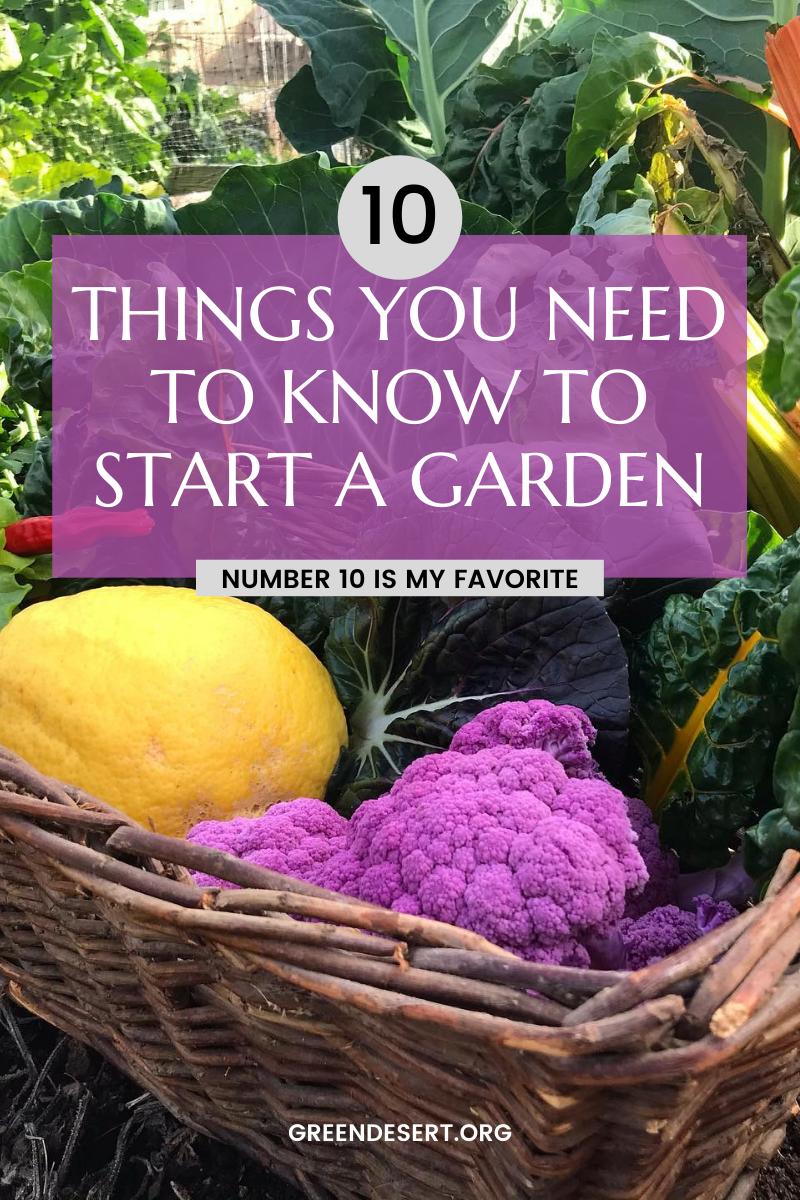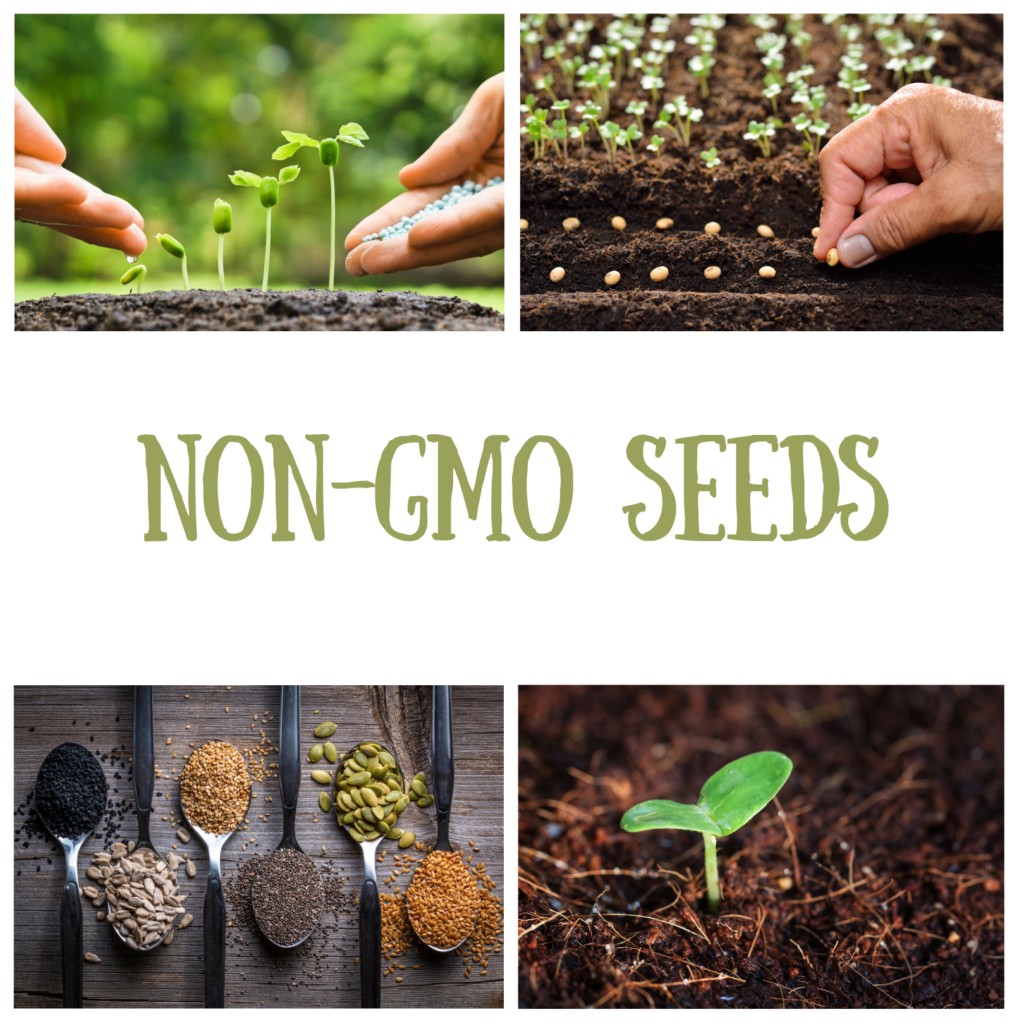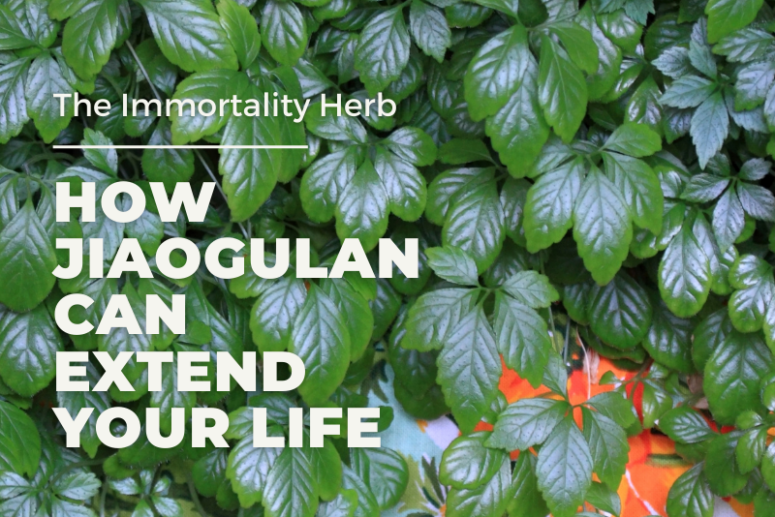THINGS YOU NEED TO KNOW WHEN STARTING AN URBAN GARDEN
It’s planting season in Phoenix! Do you know what to plant? Where to plant? How to plant?
There are so many questions when it comes to starting your urban garden – or as I like to call it – your medicine cabinet and grocery store. And you will read all sorts of articles telling you dozens of things you need to do to be successful. But it really doesn’t have to be that hard or expensive… especially if you know the basics.
So we came up with our top things you need to know when starting your urban garden:
- RESEARCH – This includes looking at a planting calendar to know what to plant in your area. And once you figure out what grows when, choose things you really will use. Research images of what the plant will look like in your garden, how much space the plant needs, best temperatures for germination, etc. Seed packets will give you the basics. Don’t limit your research only to online searches. Social media gardening groups are awesome and local nurseries can be extremely helpful.
- START SMALL – Doing too much gets discouraging and causes many of us to quit. Gardening doesn’t have to be hard. 4×4 is a perfect starting point for a garden and so easy to build a garden bed yourself. Home improvement stores will cut your wood to your specified size and you can use blocks to simply place the wood slabs inside. It’s a simple process, especially if you want to avoid cutting and drilling, etc.
- PREPARE YOUR BED – Grass and weeds can be one of your biggest enemies. We put cardboard at the bottom of our beds to help stop the grass. We also have a lot of gophers in the area so we also put chicken wire at the bottom. Fill your bed with soil… add compost…. Soil and water are the basics that will help your garden thrive or die.
- SAVE MONEY ON SEEDS—1st garden will be most expensive but should be the only time you have to spend money buying all of your seeds because you can save them each season.
There are lots of seed banks at libraries and other local places that may offer free seeds.
All seeds are NOT created equal, so look for GMO Free, heirloom, open-pollinated seeds so that you can continue to save the seeds each season.
- GROW WHAT YOU’LL USE – Whether it’s food or medicine, if you’re watering it, you want to use it. If you won’t eat brussel sprouts, don’t plant brussel sprouts. Can’t sleep? Plant chamomile for tea. Got a cut? Plant aloe. You’d be surprised at how many natural remedies you’ll find in your garden (ADD NATURAL REMEDIES LINK)
- CREATE MICROCLIMATES AND KEEP IT ORGANIC – Planting all of the same families in the same bed means they’re all competing for the same nutrients and attracting all of the same bugs. So mix things up. That will also create a cooler environment and help keep your garden naturally organic , especially if you consider companion planting.
- PUT WATER ON A TIMER—one of biggest things to kill gardens is water so you don’t want to have to constantly think about if you’re over or under watering. Set a timer for your water —- regardless of the type of sprinkling system you choose.
OLLAS are another option for watering… my favorite because it takes guesswork out of watering.
- FEED YOUR GARDEN—we fertilize about every 2 weeks with homemade worm tea, compost mix, etc. Again, don’t freak out if you’re not composting, you can buy fertilizers when you’re first starting – ONE THING AT A TIME. Again garden groups are great for where to buy what, where to find sales, tricks of the trade, etc.
- BE PATIENT, STAY POSTIVE AND ENJOY THE RIDE—Everything will NOT grow and some things will look great one day and be falling over the next. It’s about trial and error, learning your soil, your garden. Trust me, the rewards make it all worth it. The flavor of the food is richer, you know exactly what you’re getting, you’re saving money, lowering your carbon footprint, growing your own meds… the benefits just keep coming.
- TREAT YOUR GARDEN LIKE YOUR FAMILY – If you’re thirsty, you need water. So do your plants.
If you’re cold, you may need a blanket. If you’re hot, you may want shade. Same with your plants. I talk to my plants, sing to them… not sure if that makes them happy. The peace of being in the garden in priceless, so spend time in nature, learn your garden (family) and mother nature will do the rest.
We have all sorts of DIY videos helping you throughout your journey. Don’t be afraid to reach out and ask questions because we are all in this together. It’s a lifestyle that keeps on giving.






